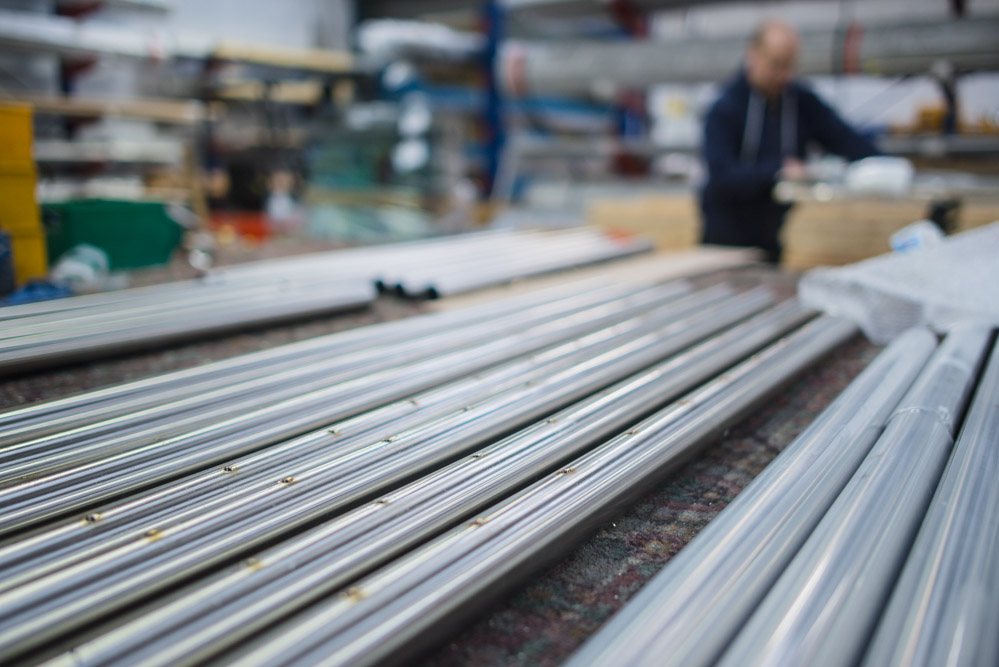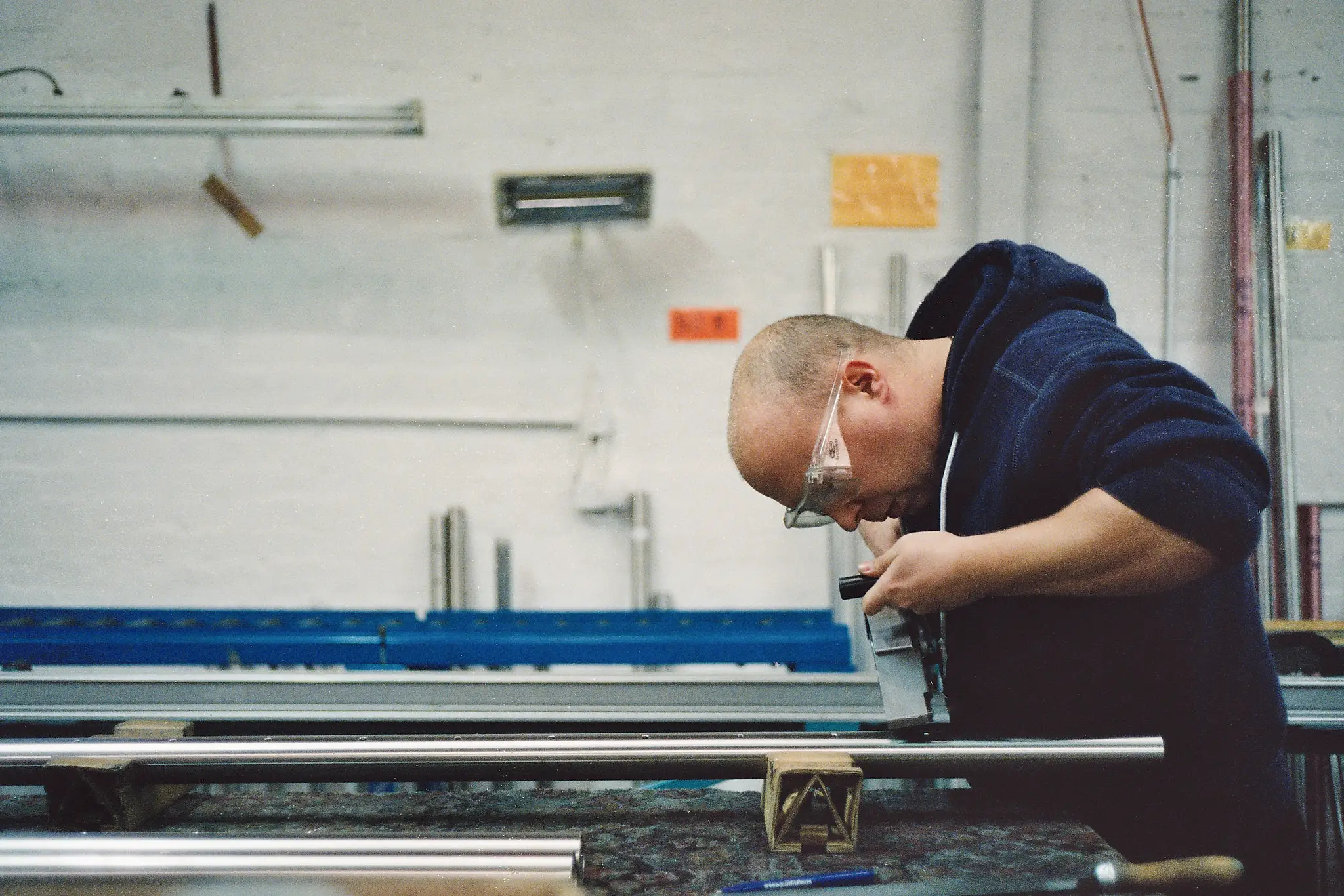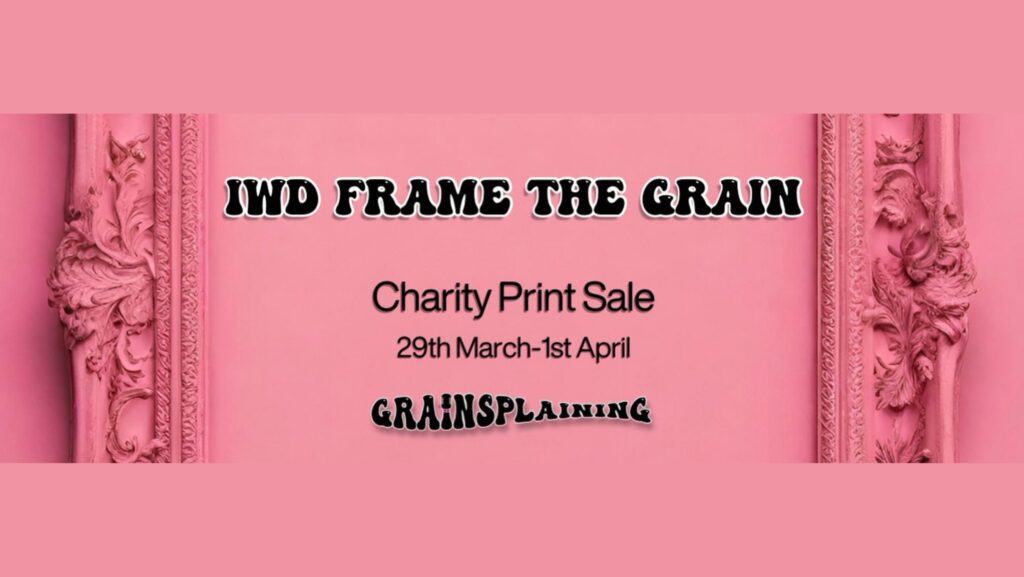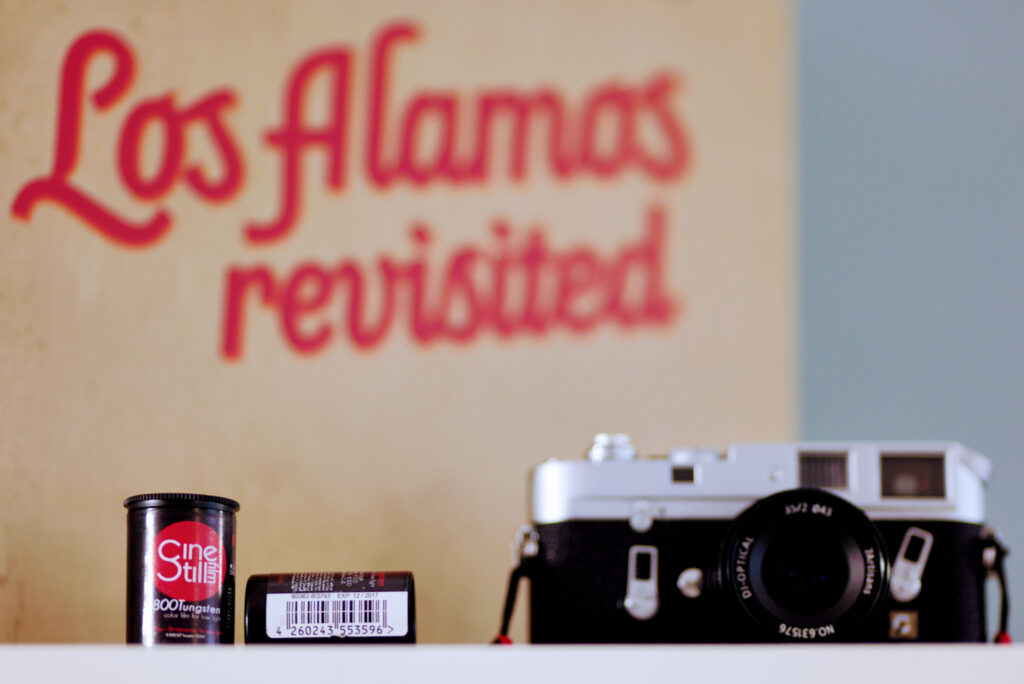On face value, there might appear to be a significant advantage to shooting with a single lens reflex camera over and above the rangefinders and compact cameras I prefer to shoot with. After all, when looking through the viewfinder of an SLR, what is seen is the view through the lens. How could forgoing that view for a view through an offset finder not be too great a disadvantage? Well, there are plenty of reasons – size being a big one – why someone might choose a rangefinder or a compact over an SLR. In this post though, I’m going to talk specifically about the viewfinder, and why that offset viewfinder might not be the disadvantage it may first appear.
A good chunk of the text in this post is based on something I originally wrote as part of my Leica M7 review – it became part of the review as it was the M7 that triggered a realisation – more on that in a mo. Since a few people mentioned comments of agreement, specifically about that part of the post, I thought it worth extracting, adapting slightly, and using it to create a new post specifically on the subject.
This is not an argument based on the facts
I suppose the assumption by now might be that I am going to talk about the objective advantages of an offset viewfinder, or at very least maybe try and convince you of a few. The fact is though, there are very few real factual advantages to such a finder. An SLR allows a much better idea of framing, gives a visible idea of depth of field, even the various methods of manual focus assistance are arguably better. Most importantly, it doesn’t matter what lens, 12mm, 1200mm, or anything in between, you look through the viewfinder and the field of view you see is that of the lens attached to the camera. And moreover, regardless of lens, there is little or no impact on the quality or size of the view through the finder.
The reality is though, for those of us who prefer a rangefinder or a compact, our reasonings may be a lot more subjective. And in fact, not seeing through the lens might actually be the exact reason why we find them such an advantage… This is certainly the case for me!
The funny thing for me is that I didn’t actually realise this until I shot a rangefinder and SLR side by side on a shoot for work a few months after I bought my Leica M7. But despite the realisation not coming to me when I started shooting compacts again a few years back, in hindsight I realise that I noticed the effects of the difference straight away. It was in fact a big part of what near instantly turned me on to shooting compacts more than any of the alternatives.
What I saw when I got my first few rolls back from shooting with a Yashica T5 was a complete change in my style. Actually, change is possibly the wrong word. Looking back, what I felt I saw was in fact more a revelation of my style of shooting. My photography felt familiar again, I felt like I had stripped something back to a place it had previously been. Though as I say, I didn’t quite understand why that had happened straight away.
The moment of realisation
I really enjoy taking photos of people at work, especially in industrial environments. I always feel privileged to be there since few other photographers will ever be allowed into the places I am when I am shooting for work. On one particular occasion I was on a job, taking photos for a company who make metal balustrades. The guy who runs the place is a good sort and was happy for me to take a couple of shots with the film camera for my own enjoyment. This was probably the first time I had combined work and my hobby like this for a long time. I had my Leica M7 around my neck and and my D800 in my hand. I start taking photos, and almost straight away I noticed how differently I frame with the different cameras…
During a chat on the phone with a friend a few days later I happen to mention this difference in framing and he explains how he once had a similar realisation, by coincidence, also through shooting with a Leica. We concluded that the difference in framing comes from a completely different way that the camera is used. With an SLR the tendency is to frame with the camera to the eye; with the viewfinder. The camera shows the photographer depth of field and perfect framing. What results is a reliance on the camera, the camera almost finds the shot for the photographer by giving him or her the extra levels of information about the end result before the photo is taken.

Whereas, with a rangefinder there is more of a natural disposition toward framing with your eyes and mind before even putting the camera up to the eye. Having that physical detachment from the lens provided by an offset viewfinder, aids, or indeed forces a mental attachment to the lens, or moreover the image it is creating. Putting the camera to eye only overlays frame lines, and frame lines are something easily imagined anyway. The imagination is therefore forced into action, depth of field becomes something seen through the minds eye; through experience learned from previous results. Ultimately it feels as though the mind and the imagination become the creators of the image, and less the camera. The camera therefore becomes more an inert tool and less an active participant. The photo at the top of this post is a shot from the day with the M7 and D800, it was in taking the shot above that I really felt the difference in my shooting style.
The outcome
Your mileage may vary, and to some I’m sure the above sounds like a load of old toss… But finding and understanding this to be relevant in my world has been quite a revelation! SLR’s tricked me into thinking a reliance on depth of field as a creative tool was fine as a near permanent fixture in my photography. If I look back at my Flickr I can even see the transition happen. I was buying weird and wonderful lenses that created wild Bokeh effects, but I was never happy doing it. I remember this near permanent sense of dissatisfaction at my work. It felt like it had no depth, and I suppose actually since I was shooting narrow depth of field all the time, technically, it didn’t.
Picking up that Yashica T5 and beginning my path again at a place that was very similar to to the place I started at when I was 9 with the Nikon RF-10 my Nan bought me. I was back to shooting with a camera that had an offset viewfinder, I camera that made me think, made me imagine the photo, and didn’t give me tricks to rely upon. It was exactly what I needed to rediscover how to take a photo. It was what I needed to remember the art of composition, the art of using my mind to create, and not just using a camera.
I do wonder how many people this will make sense to, I’d love to hear from you if you feel in any way similar… Or indeed if you think I’m crackers and it’s all in my head…?
Cheers for reading
Hamish
Share this post:









Comments
Maulana Randa on The Viewfinder effect – and why I choose to cripple myself with an offset viewfinder
Comment posted: 10/03/2015
ehpem on The Viewfinder effect – and why I choose to cripple myself with an offset viewfinder
Comment posted: 11/03/2015
Possibly part of that is that the normal view through a half frame is a portrait orientation, though I don't think that was a big deal as I often shoot that way through the DSLR. It was mostly about the simplicity of the process, the need to think about basics and not buttons and menu trees. The use of scale focus in that case, the lack of a light meter, 48 shots if the film is fresh, and with only two working shutter speeds a limited range of exposure values. All of this sharpened my approach to taking pictures in a way that had not ever happened with the DSLR, or the SLRs. I always have a viewfinder (or sometimes a rangefinder) film camera with me now, even if lugging a bigger one around as well. And I take very different pictures with them, much more are in close proximity to myself, less landscape (for other good reasons too), and many more abstract pattern shots. Definitely a big shift in how I see and capture the world since that first viewfinder a year and half ago.
I have not tried the digital versions, but I think that it would be significantly different experience which does not interest me. And I hate taking pictures with my phone - the staring at the screen at arms length and fumbling with buttons is just not the same at all and does not even feel like photography to me.
MJ on The Viewfinder effect – and why I choose to cripple myself with an offset viewfinder
Comment posted: 15/03/2017
The SLR viewfinder, fundamentally flawed and entirely outdated...? (My Nikon F75 Project - Part 4) - 35mmc on The Viewfinder effect – and why I choose to cripple myself with an offset viewfinder
Comment posted: 13/01/2018
My Nikon F75 Project - Pt6 - preferences & ideologies - 35mmc on The Viewfinder effect – and why I choose to cripple myself with an offset viewfinder
Comment posted: 04/03/2018